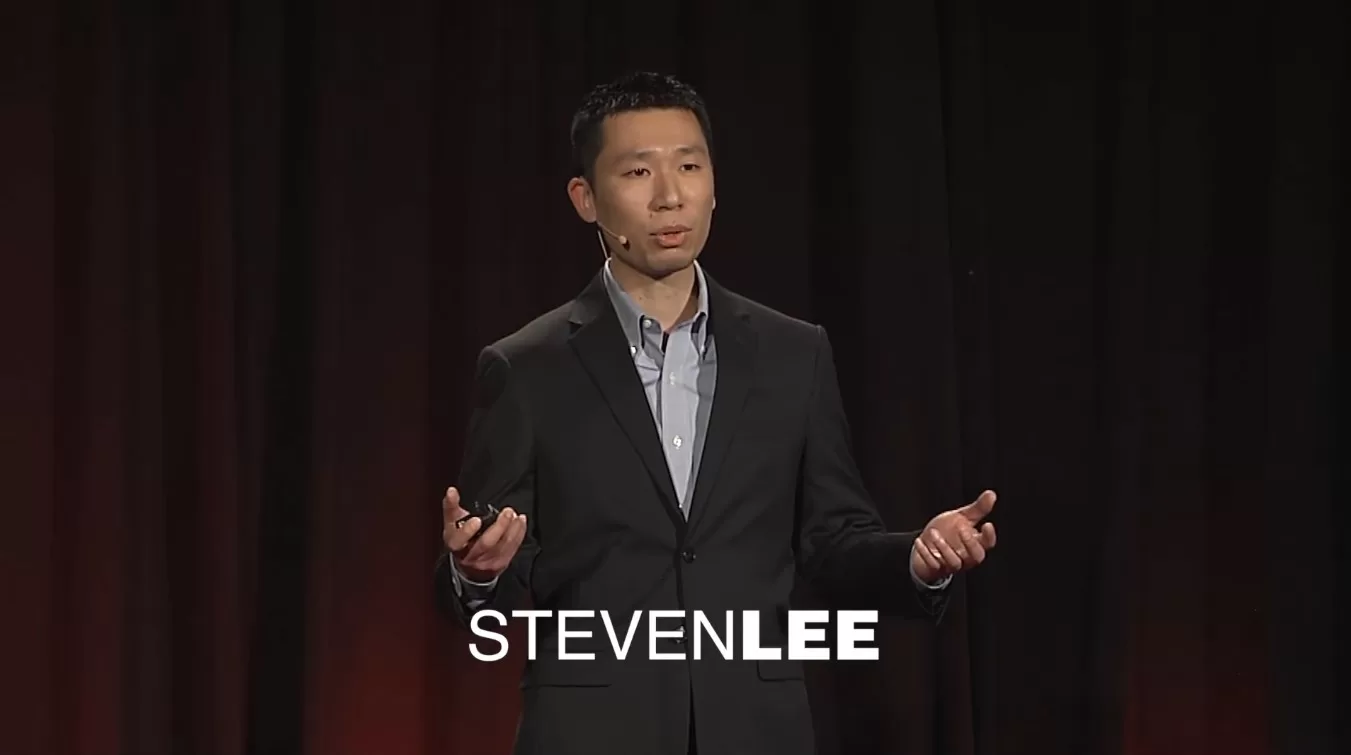Dr. Steven Lee, an optometrist and founder of Opternative, recently gave a thought-provoking TEDx talk arguing for increased accessibility in vision care through online eye exams.
Citing major flaws in the current model of in-person exams, Dr. Lee explained how new technologies can make eye care more affordable, efficient, and equitable worldwide.
Inspiration from a Frustrated Patient
Dr. Lee opened by recalling a conversation with a patient back in 2009 that sparked his mission to transform vision care. When the optometrist went to check her eyes, she asked, “Dr. Lee, why can’t we just do this at home?”
Imagine Eye Exams Anywhere, Anytime
Her question led Dr. Lee to imagine a future where patients could perform eye exams from their own home, without taking time off work or waiting for appointments with eye doctors. For the past six years, he has worked to turn this vision into a reality.
Systemic Issues with In-Person Eye Exams
In his talk, Dr. Lee highlighted three main flaws with the traditional model of eye care that online options could help address:
Scheduling Challenges
- Extreme doctor shortages, limited appointment slots, and lack of evening/weekend availability make scheduling eye exams difficult for working patients.
Discrimination
- He has witnessed discrimination in clinics based on race, income, insurance status, and language barriers.
Outdated Technology
- Equipment and processes haven’t changed in decades, which can discourage patient engagement.
Pioneering At-Home Vision Tests
Despite initial skepticism from the optometry community, Dr. Lee shared how his work over the past six years has borne fruit.
Bringing Exams Into Patients’ Homes
His company, Opternative, has now successfully developed online eye exams that only require a computer and smartphone. This allows vision measurement from the convenience of home.
Improved Accessibility Worldwide
Dr. Lee explained this technology enables significantly increased accessibility, especially for those in remote or underserved areas globally. It also reduces discrimination based on race, gender, income or insurance status.
Empowering Patient Choice
In closing, Dr. Lee argued patients should have the choice to focus on their specific vision needs, not be forced into a “one-size-fits-all” exam. He framed accessible vision care as a basic right.
Vision is Precious and For All
Ultimately, if online eye exams can help even one more person gain clearer sight, Dr. Lee believes this innovative approach is worth pursuing. He ended by urging the audience to “visualize the future, and do everything you can to make that future a reality.”


